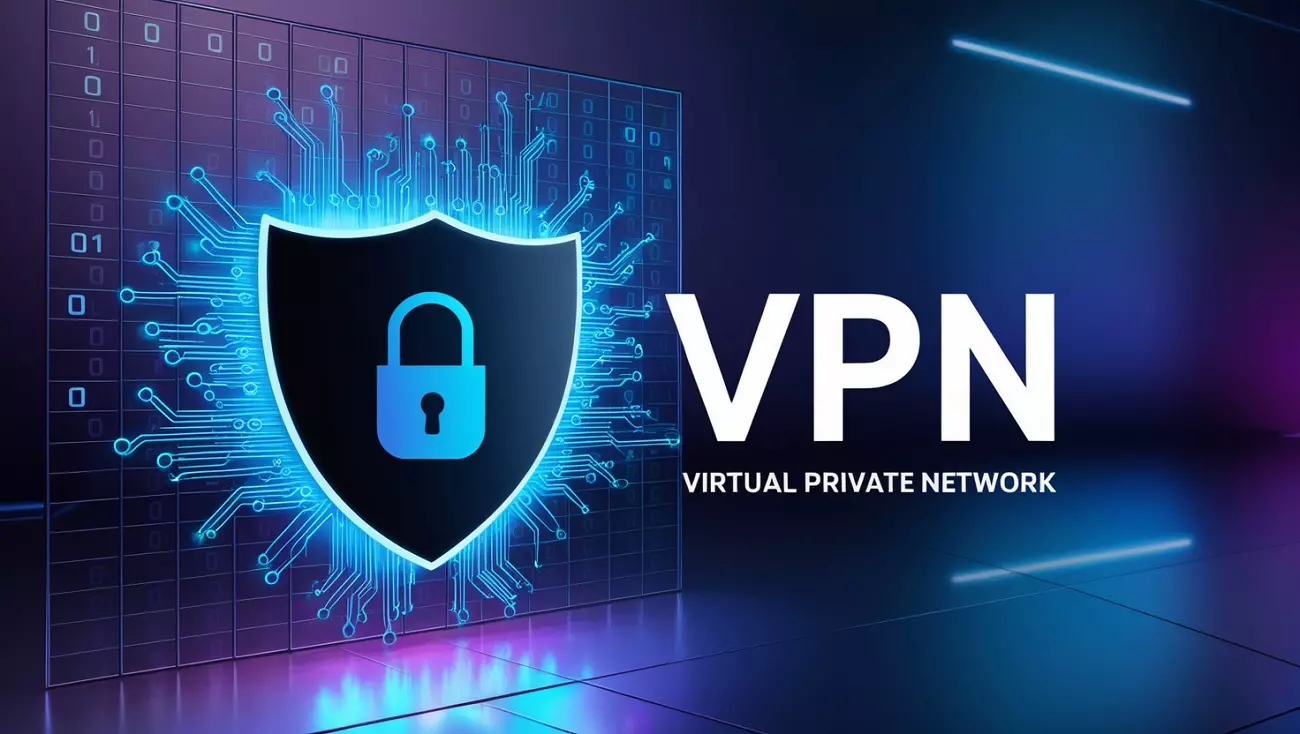The Benefits of Using a VPN
In an age where digital connectivity underpins nearly every aspect of our personal and professional lives, the need for online security and privacy has never been greater. Virtual Private Networks (VPNs) have emerged as an essential tool for internet users worldwide. Beyond their primary purpose of safeguarding sensitive information, VPNs offer a range of benefits that enhance user experience and ensure online safety.

1. Enhanced Privacy and Security
One of the primary advantages of using freevpnplanet.com is the protection it offers against online threats. By encrypting your internet connection, a VPN shields your data from hackers, cybercriminals, and prying eyes. This is particularly important when using public Wi-Fi networks, which are often vulnerable to security breaches. A VPN ensures that sensitive information such as passwords, financial details, and personal communications remain secure.
2. Access to Geo-Restricted Content
Many websites, streaming platforms, and online services restrict access based on a user’s geographical location. With a VPN, users can bypass these restrictions by masking their IP address and selecting a server in a different country. This capability is invaluable for travelers, expatriates, or anyone seeking unrestricted access to global content, such as streaming movies, TV shows, or accessing news websites.
3. Protection Against Censorship
In regions where governments impose strict internet censorship, VPNs serve as a gateway to free information. By rerouting internet traffic through servers in countries with open internet policies, users can access blocked websites and communicate freely without fear of surveillance or repression. This makes VPNs a crucial tool for journalists, activists, and citizens in restrictive environments.
4. Secure Remote Work
As remote work becomes more prevalent, businesses face increased risks of data breaches and cyberattacks. VPNs provide a secure way for employees to access company networks and resources, ensuring that sensitive business information remains confidential. This is particularly critical for industries handling proprietary or regulated data, such as healthcare, finance, and technology.
5. Anonymity Online
Maintaining anonymity online is increasingly challenging as websites and advertisers track user behavior to deliver targeted ads. A VPN helps conceal your browsing history and IP address, reducing the likelihood of invasive tracking and protecting your online identity. This anonymity also prevents websites from adjusting prices based on your location or browsing habits, a practice known as price discrimination.
6. Improved Gaming Experience
Gamers can benefit from VPNs by reducing latency, avoiding bandwidth throttling by internet service providers (ISPs), and accessing games or servers unavailable in their region. Additionally, a VPN can protect gamers from distributed denial-of-service (DDoS) attacks, which are sometimes used in competitive gaming scenarios.
Conclusion
The utility of a VPN extends far beyond simple security measures. Whether you’re a professional working remotely, a traveler seeking unrestricted access to content, or a privacy-conscious individual, a VPN is a powerful tool that enhances your online experience. By ensuring privacy, security, and freedom, VPNs have become indispensable in today’s digital landscape. As cyber threats evolve and internet restrictions persist, investing in a reliable VPN service is a step toward a safer and more open online world.


